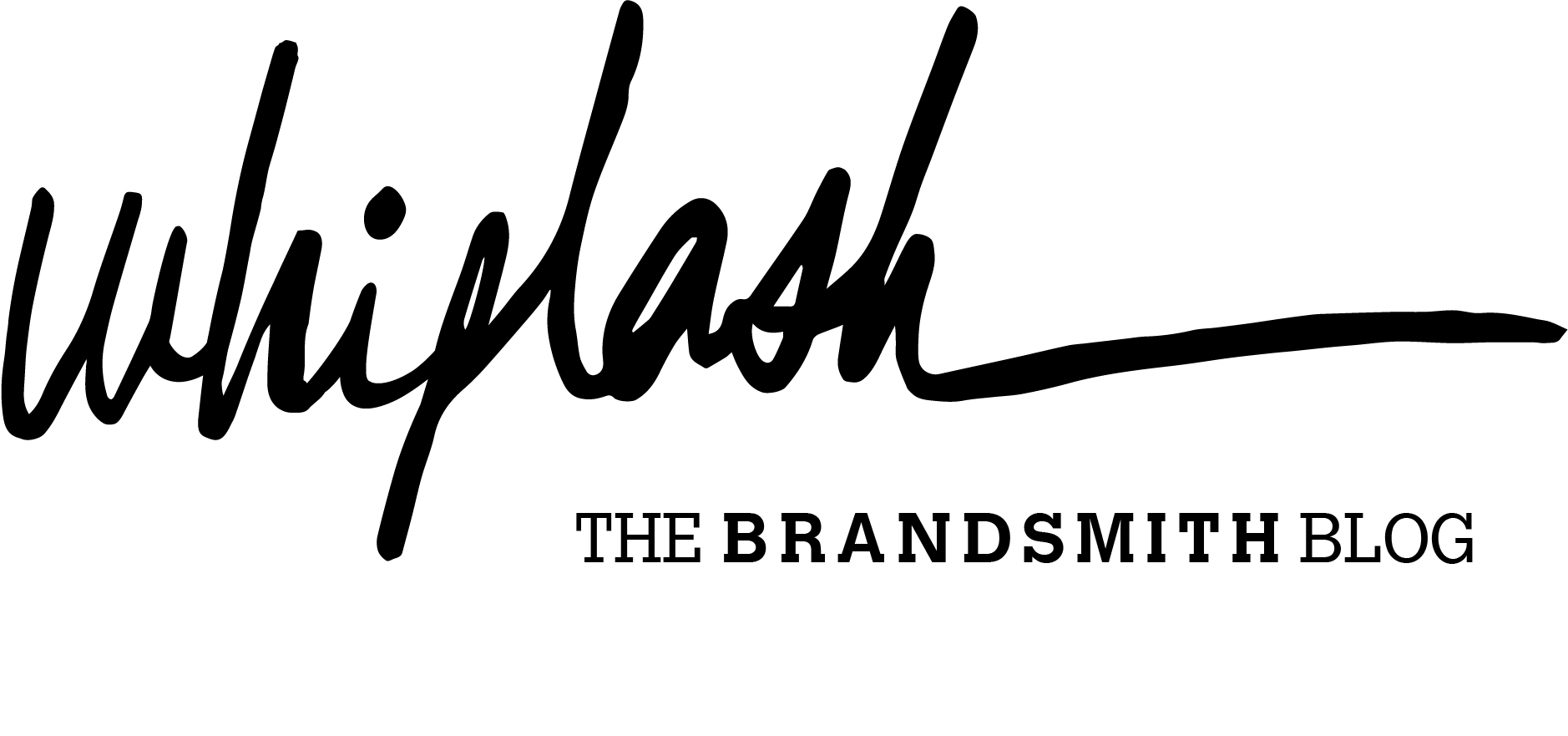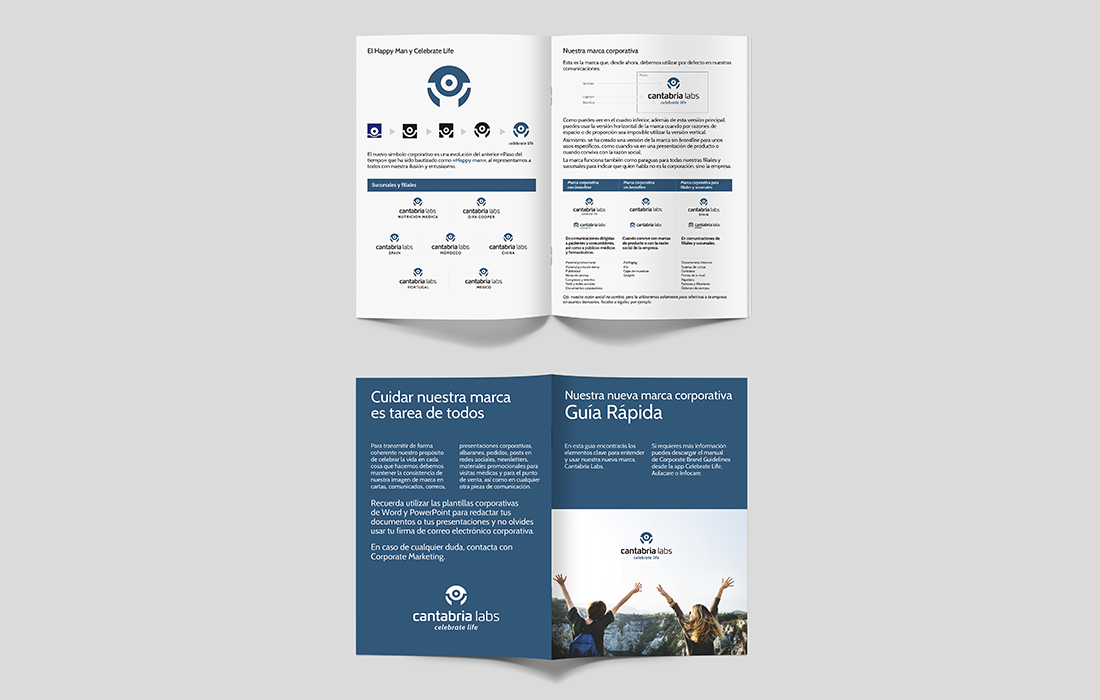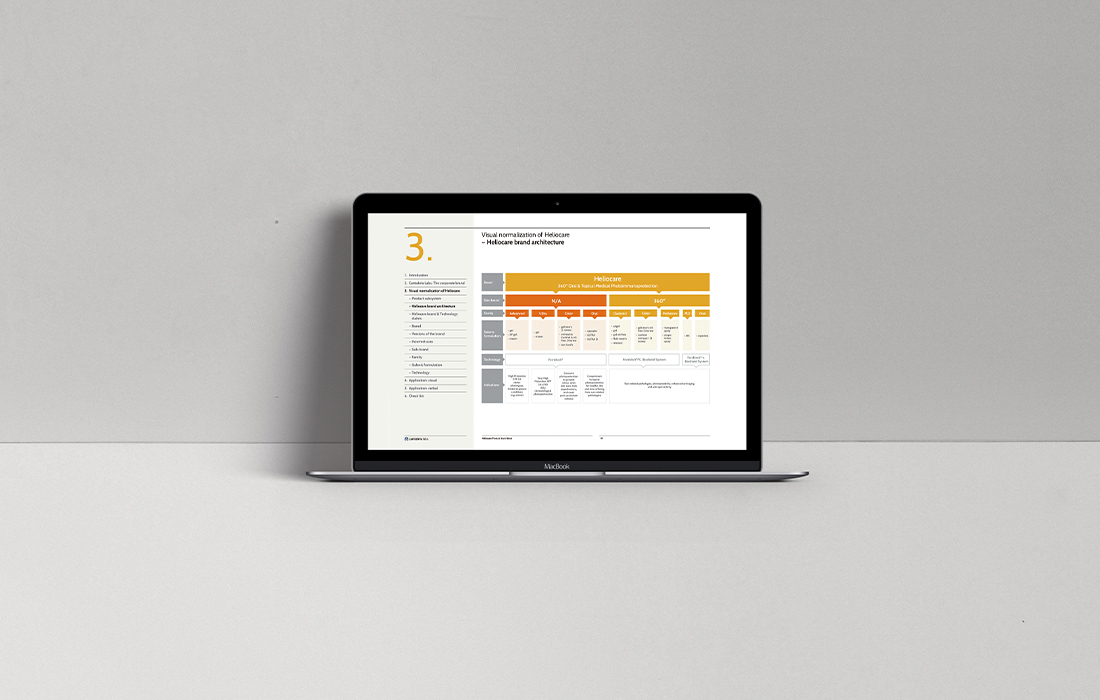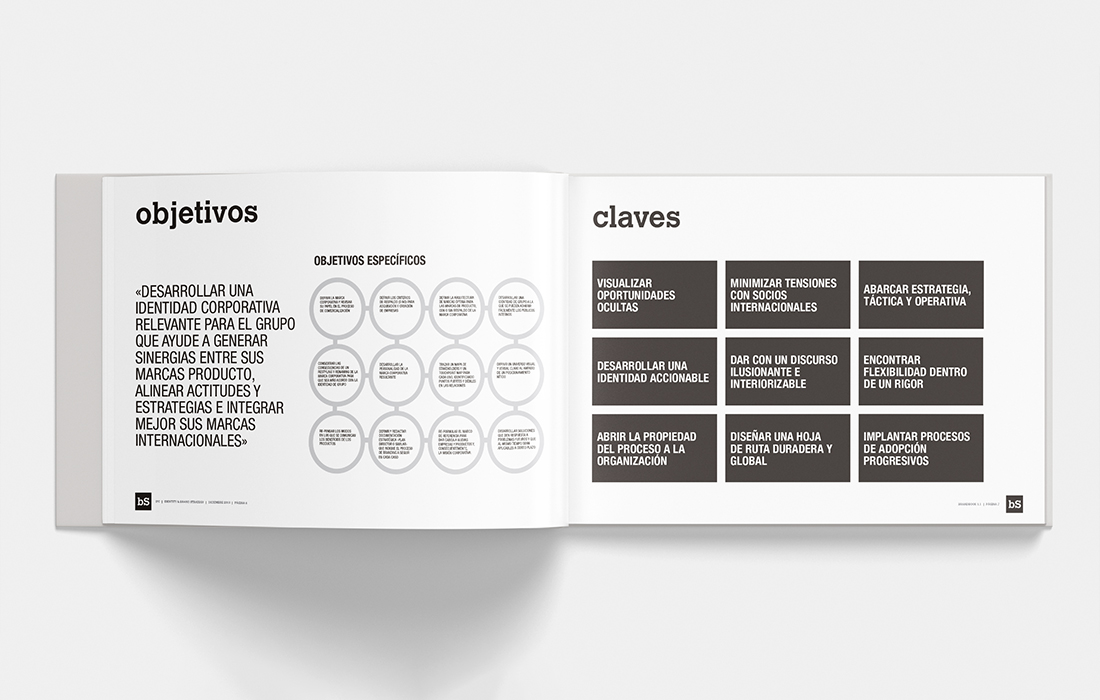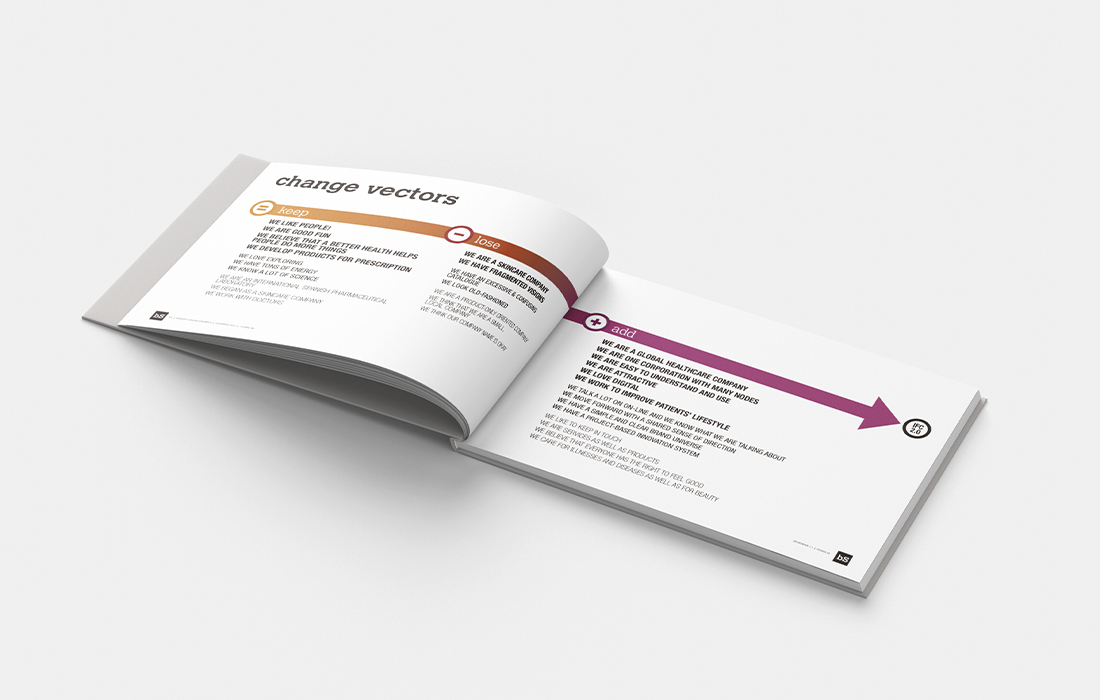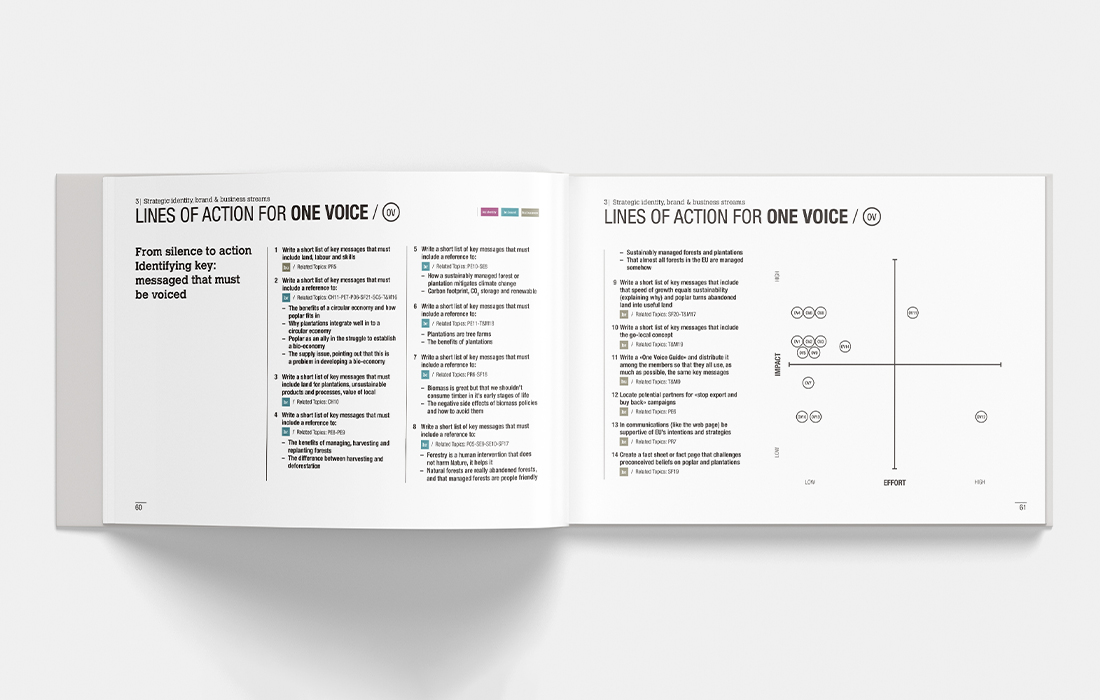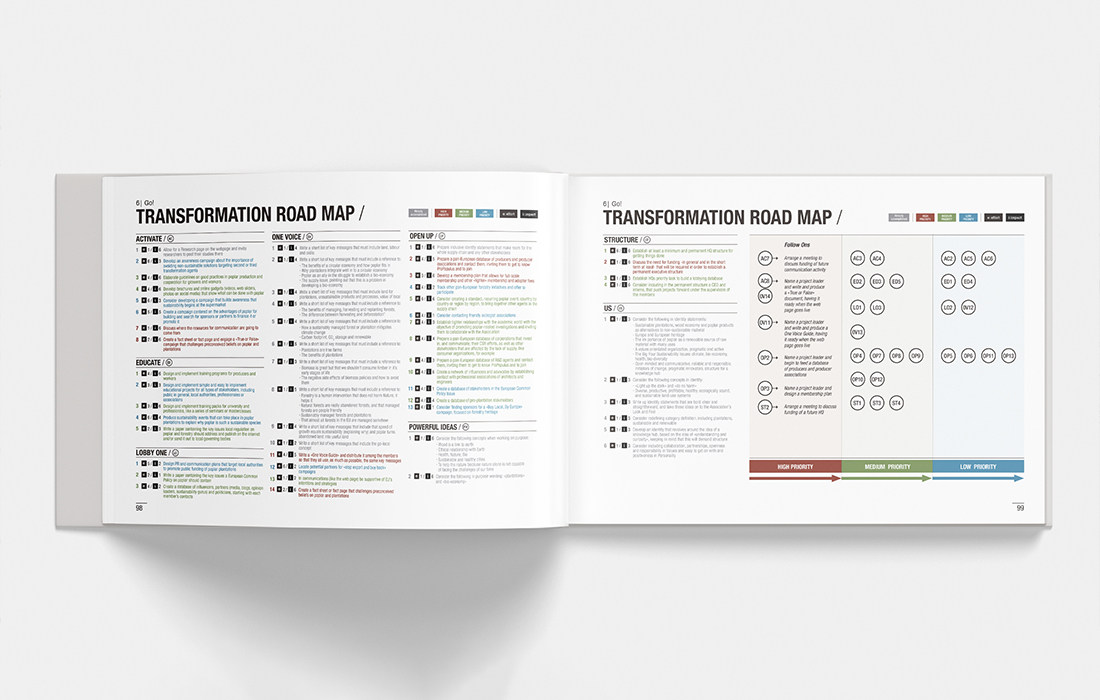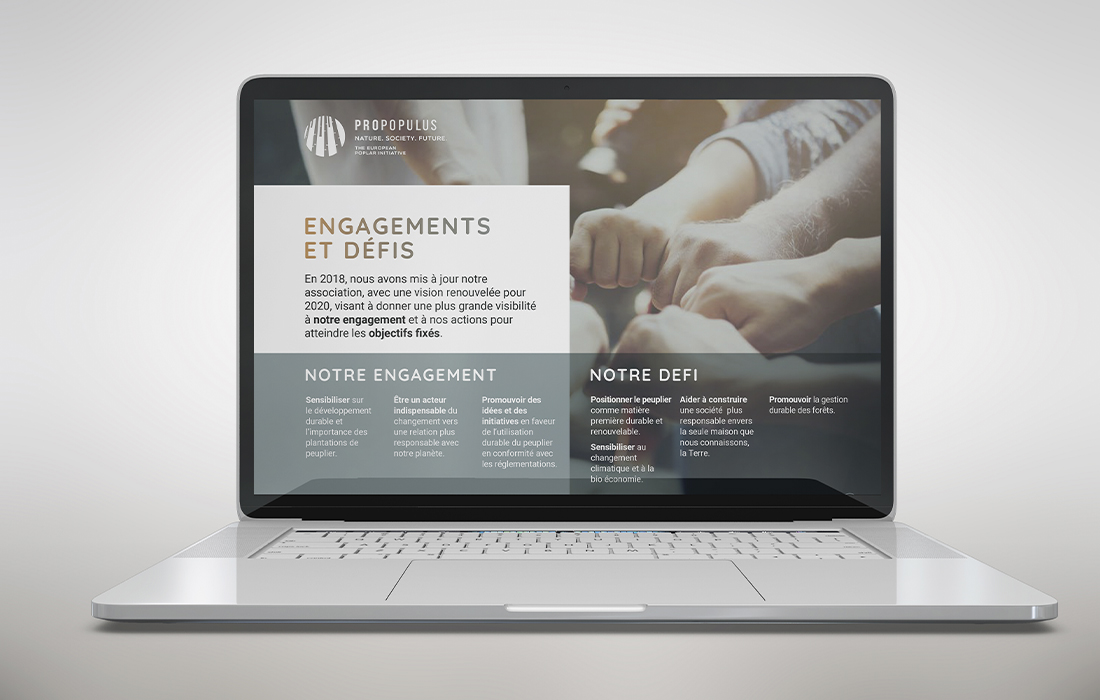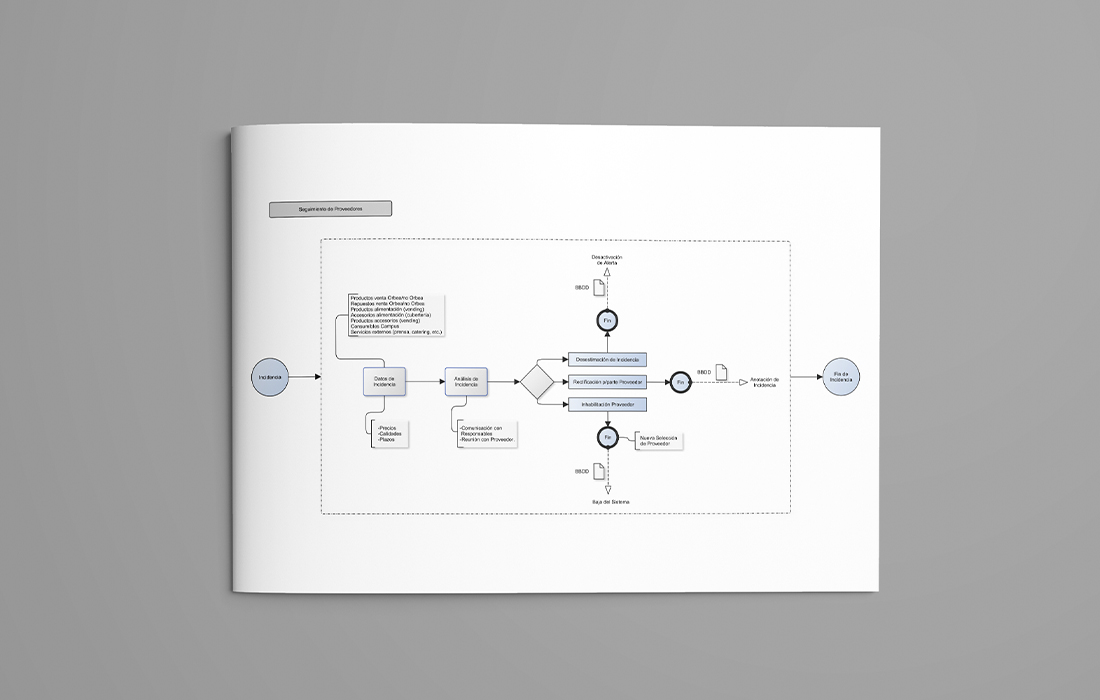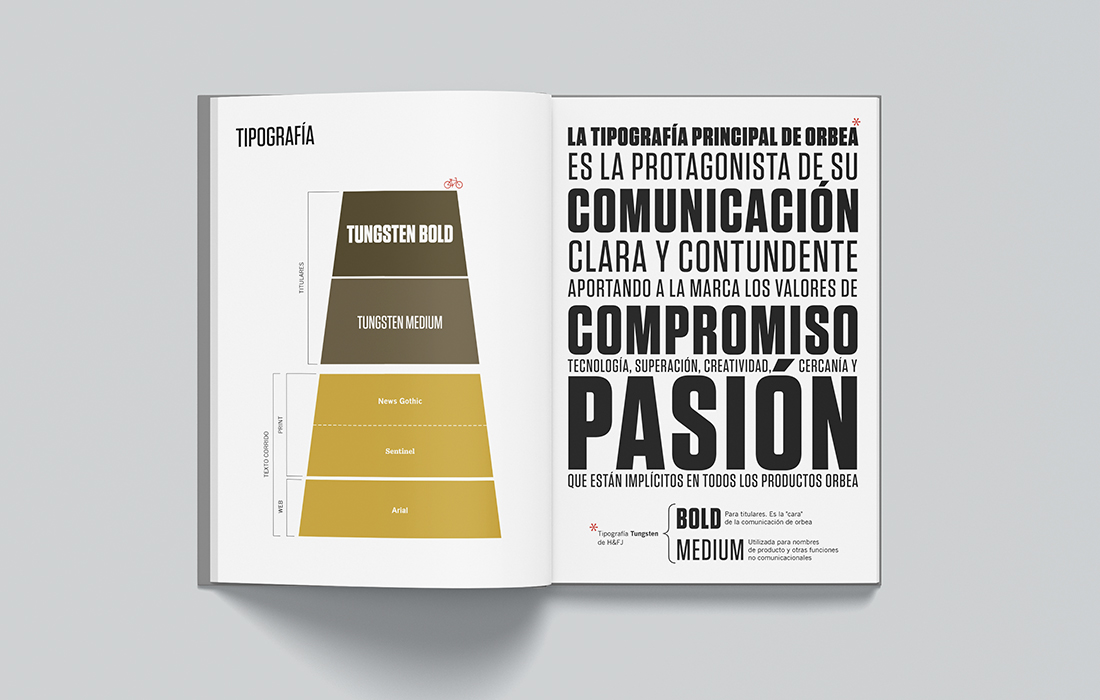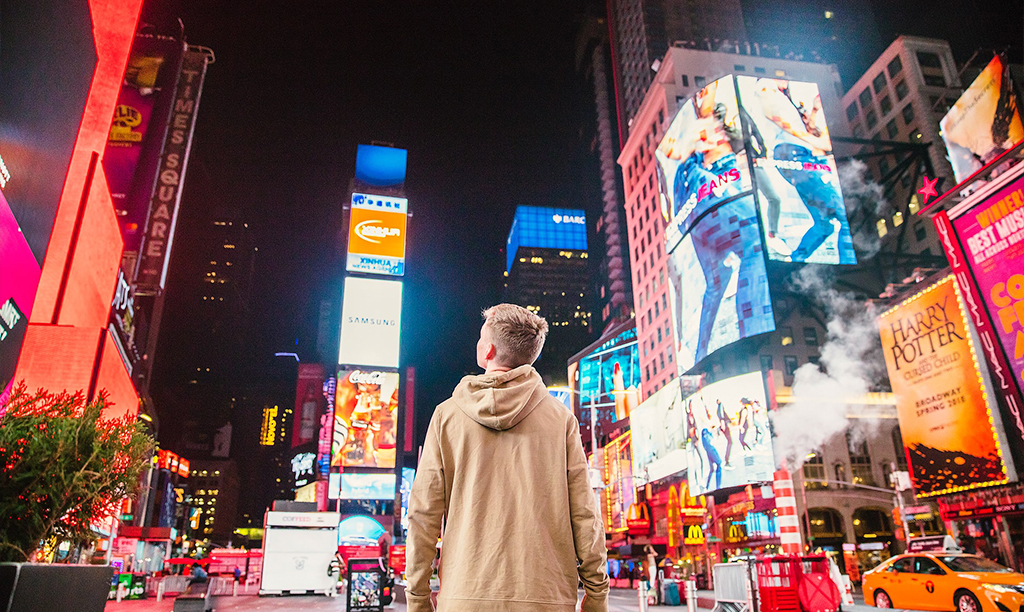
03 Jun The age of cynicism: consumers view brands with distrust
Whiplash Team , 4th June 2021
The age of cynicism: consumers view brands with distrust
The latest report from Havas Creative Group, Meaningful Brands 2021 concludes that we are entering an era of cynicism towards brands. The study, which is based on surveys of more than 395,000 people around the world, reveals that 71% of respondents have little faith in brands and that 75% of these could disappear tomorrow and consumers would quickly replace them without any problem.
Since 2009, Havas Creative Group has produced its biennial Meaningful Brands report, which measures the relevance of brands to consumers. In its twelfth edition, corresponding to 2021, the most relevant conclusions of the study are devastating:
- More than half of the brands (53%) are perceived as unreliable;
- If 75% of the brands disappeared tomorrow, nothing would happen. They would be replaced without difficulty;
- Consumers (71%) look cynically at brands and think that they do not deliver regarding promises and commitments.
However, despite the distrust that brands inspire , 73% of those surveyed –out of a total of 395,000 people around the world– believe that they should “act now for society and the planet.” Consumers “desperately seek authenticity” but, according to the study, are disappointed by “empty promises” from brands.
About the results of the study, Mark Sinnock, director of global strategy at Havas Creative Group comments: “This year’s report shows us that consumers have entered an ‘age of cynicism’. They are surrounded by what they perceive as empty or broken promises – at all levels of our society – and we are starting to see the impact of this mistrust on brands. Historically, companies have been looking after people’s functional and personal needs, but brands now face a bigger challenge. The more claims they make to be delivering change at a collective, societal level and the more these promises are left unfulfilled, the wider the gap between what we expect and what we actually get, and the deeper the cynicism.”
Indeed, the study reveals a gap between consumer expectations about what brands should do, and what they actually do. This has prompted 64% of respondents to indicate that they have decided to act and buy brands from companies with a reputation for both purpose and profit. On the other hand, more than half (53%) of people would go even further and are willing to pay more for brands that make a stand.
But what are the issues that consumers expect brands to do something about? The survey, conducted during the critical months of the pandemic in 2020, reveals that user priorities have changed compared to the previous report published in 2019. Amid the COVID-19 crisis, public health, the economy, and the politics were the issues that consumers were most concerned about, closely followed by the environment.
For brands, activism in the causes they take on must be emphatic. Otherwise, if they rely solely on words, without concrete actions to support their position, the risk of creating a trust deficit is immense and can affect their reputation to levels difficult to overcome.
Despite consumer scepticism towards brands, the report reveals that there are opportunities to build trust and loyalty. 77% of those surveyed expect brands to be supportive and, in times of crisis, to help people. This offers brands an immediate possibility to create solid and immediate links with their users, satisfying their needs in three specific areas: greater connection, greater commitment to the environment and greater possibilities for savings and growth.
Also, consumers want more relevant experiences. In fact, according to the report, in the retail, home entertainment and technology sectors, companies have improved brand value in the eyes of users, with positive results.
Generation Z, which is expected to be the most influential population group for the economy by 2030, demands greater inclusion in all aspects: social, racial, sexual orientation, etc. They favour brands that demonstrate their commitment to social issues and diversity.
Finally, an important point is the demand for useful content, which has increased compared to the pre-pandemic era. Here, brands have a great niche of opportunity since, currently, consumers consider that 48% of the content provided by brands is not significant.

